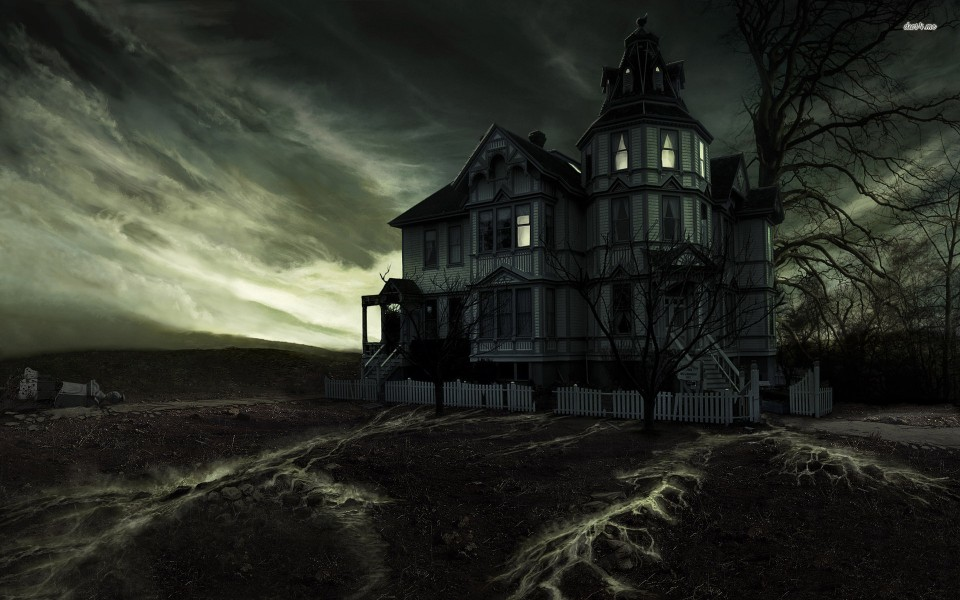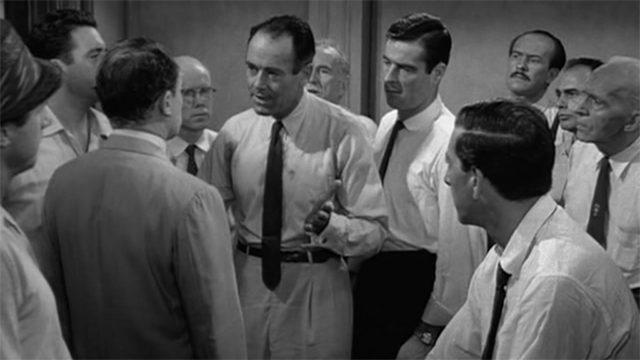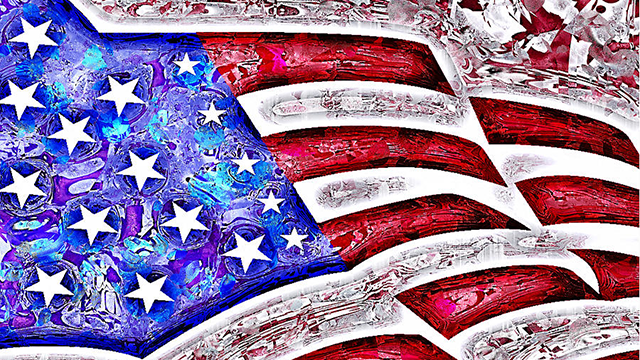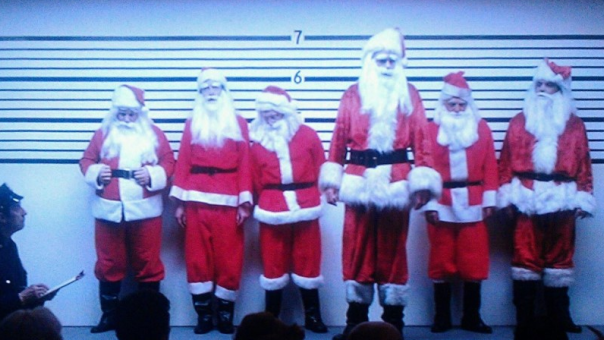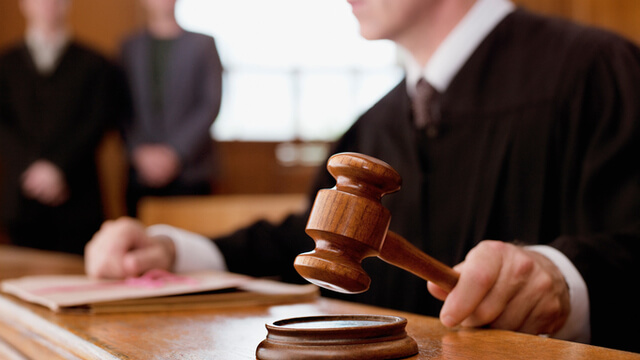Happy Thursday to all my LSAT prep friends out there! I hope your week has been going well and your studying is well under way for the September LSAT. I thought I could ease you into this lovely weekend by taking a moment and chatting about a few laws you may possibly encounter when you finish this arduous law school path and become an attorney.
You may think I’m making these up, but I promise that they are real. I have a penchant for the spooky and supernatural, so I thought it’d be real fun to check out some actual laws that revolve around the paranormal. Hope you enjoy!
- Homeowners trying to sell their haunted house must disclose that their home might house spirits.
In a case you will most likely read in your Real Property class during your 1L year, Stambovsky v. Ackley, you will learn that if your house is famously said to be haunted, you will be required to make any potential purchasers of the house aware of this. The house in the case was known to be frequented by many poltergeists. Stambovksy, the buyer, was not aware of this and the seller did not inform him of the house’s interesting spiritual nuance. The New York Supreme Court justices had a ton of fun writing the opinion of this case. I recommend you check it out. You can find fun gems like “plaintiff hasn’t a ghost of a chance” and “I am moved by the spirit of equity.” - In New Orleans, the practice of Voodoo and the supernatural has many restrictions.
In a city with rich history in the supernatural, high priestesses and fortunetellers must be wary of what they can and cannot do. It is unlawful for people to advertise for or engage in fortune telling in order to settle lovers’ quarrels, bring together people who are separated, locate buried or hidden treasures, effect marriages, heal sicknesses, reveal secrets, foretell the results of lawsuits or business transactions, reveal domestic troubles or “bring together the bitterest of enemies converting them into the staunchest of friends.” - The state of Washington prohibits the hunting of Sasquatch.
In 1969, the board of commissioners adopted a law stating that the killing of “a nocturnal primate mammal variously described as an ape-like creature or a sub-species of Homo sapian” constituted a felony, which could result in a $10,000 fine and five years in county jail. - You cannot sue Satan in the United States.
In 1971, plaintiff, Gerald Mayo, sued the devil and “his staff,” claiming that the Devil had violated his constitutional rights and “caused plaintiff misery and unwarranted threats, against the will of plaintiff, that Satan has placed deliberate obstacles in his path and has caused plaintiff’s downfall.” The Court determined that if Satan even were to appear, he would most likely be considered a foreign sovereign and would argue that the US did not have personal jurisdiction over him. Similarly, you can’t sue God in court either—more recently Nebraska state senator Ernie Chambers attempted to sue God to no avail.
See everything you have to look forward to when you finally become an attorney? You may find that you need to depose the Boogie Man or the Tooth Fairy! I hope that was a fun little break from your practice LSATs!
Happy Studying!




